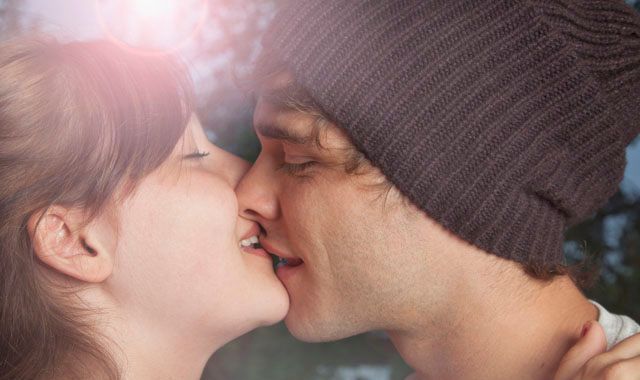Recent study finds French kisses swap more than spit
Recent research published in the journal Microbiome found that as many as 80 million bacteria are transferred during at 10-second French kiss. The study also found that people who kiss each other nine times a day or more share similar oral bacteria.

Recent research published in the journal Microbiome found that as many as 80 million bacteria are transferred during at 10-second French kiss. The study also found that people who kiss each other nine times a day or more share similar oral bacteria.
It comes as no surprise that the mouth has more than 700 varieties of bacteria, but interestingly, the balance of these bacteria is influenced by those closest to us (or at least those closest to our mouths). Researchers from the Micropia, the world’s first microbe museum and the Netherlands Organization for Applied Scientific Research (TNO) asked 21 couples to fill out questionnaires on their kissing habits, including their average number of times they kissed per day. The researchers then swabbed the couples’ mouths for oral microbiota on the tongue and in saliva to determine bacterial composition. They found that couples that kissed intimately (kisses with full tongue contact and saliva exchange) more than nine times per day had “shared salivary microbiota."
Related reading: Saliva plays key role in caries prevention
Lead author Remco Kort, from TNO's Microbiology and Systems Biology department and adviser to the Micropia museum of microbes, said "Interestingly, the current explanations for the function of intimate kissing in humans include an important role for the microbiota present in the oral cavity, although to our knowledge, the exact effects of intimate kissing on the oral microbiota have never been studied. We wanted to find out the extent to which partners share their oral microbiota, and it turns out, the more a couple kiss, the more similar they are."
To quantify the transfer of bacteria, researches had a member of each of the couples drink a probiotic drink containing specific types of bacteria not usually found in the mouth, including Lactobacillus and Bifidobacteria. After an intimate 10-second kiss, the researchers found three times the level of probiotic bacteria in the receiver's saliva. They then calculated that, to reach those levels, 80 million bacteria were transferred during the kiss. Definitely something to keep in the back of your mind the next time you’re thinking about swapping spit with someone!
The full study, "Shaping the oral microbiota through intimate kissing," was published on Microbiome.